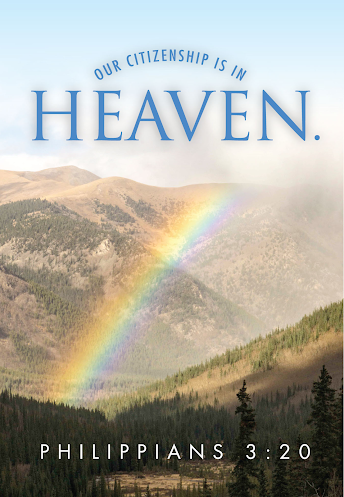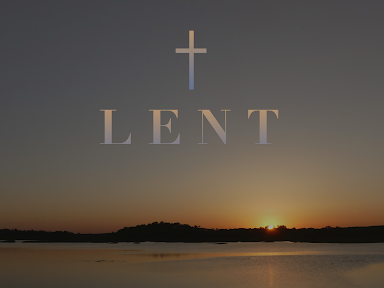Lent 4- The prodigal sons and the forgiving Father

Joshua 5:9-12; Psalm 32; 2 Corinthians 5:16-21; Luke 15:1-3, 11-32 The parable of the Prodigal Son begins with a simple request, "Father, give me my share of the estate.” To us, it seems like the sort of request a spoiled child might make. But, there is a lot more in that request than we realize. In Jesus’ culture, for a son to ask for his inheritance before his father died is almost unimaginably disrespectful. It is an incredible insult. Kenneth Bailey spent a good deal of his life trying to understand the Bible by studying the cultures of the Middle East and the Mediterranean. He says this, "For over 15 years I have been asking people of all walks of life from Morocco to India and from Turkey to the Sudan about the implications of a son's request for his inheritance while the father is still living. The answer has always been emphatically the same... the conversations run as follows: 'Has anyone ever made such a request in your village?' 'Never!' 'C...



